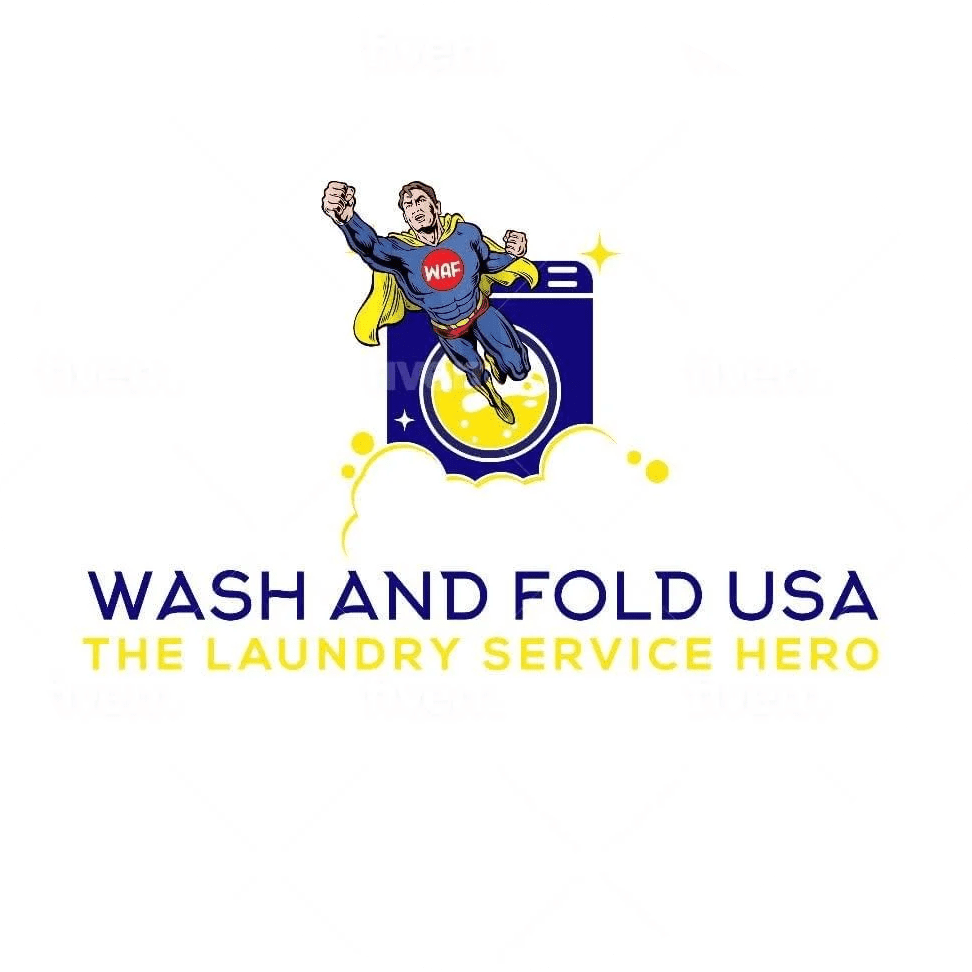Current Laundry Techniques Should Kill Coronavirus: Infection Prevention Consultant

Posted on June 08, 2022.
Appropriate use of PPE, and good hand hygiene practices are key for employees.
Coronaviruses are a large family of viruses that are commonly present in animals and the environment. What makes this Coronavirus different is that it is classified as a novel or new strain, called “2019-nCoV,” according to the Centers for Disease Control and Prevention (CDC).
Novel viruses can spread quickly and infect more hosts because the host has no immunity against the new strain. The CDC says outbreaks of novel viral infections are always a public health concern, especially if the virus spreads quickly and the severity of the illness is high.
The U.S. government and the World Health Organization (WHO) have taken steps to get ahead of this situation by implementing a public health emergency alert, which allows the government to put in place measures to limit the spread and avoid another widespread global pandemic like we had with the 2009-2010 H1N1 outbreak.
Based on data published on the CDC’s website (Feb. 3, 2020), there have been a total of 260 cases under investigation in the United States, but only 11 cases have tested positive for the virus, 167 have tested negative and 82 are still pending. It is expected that these statistics will change daily as more results of those screened become available.
It is important to note that even though this is a new strain with a large number of people becoming ill in China, the current overall mortality (death) is low, around 2%, and similar to the mortality rate associated with seasonal influenza.
Precautions
For the laundry industry, there are no recommended changes in normal laundry processing of textiles from the CDC, as the current textile processing standard of appropriate time, temperature and chemical should kill the virus.
For employee exposure risk on the sorting side, again the CDC has made no recommended changes in textile handling procedures at this time. Viruses usually do not live outside a live host for long periods, especially on porous surfaces like textiles, limiting the potential exposure risk to laundry personnel who will be handling the laundry hours or days after use.
According to the CDC, there is a higher risk of exposure with close direct person-to-person contact then with indirect contact of potentially contaminated objects. Since laundry personnel are not providing direct care to ill patients, PPE requirements per OSHA’s bloodborne pathogen standards and following good hand hygiene practices should limit the exposure risk of handling contaminated textiles.
Based on current infection control practices, laundries should include the use of standard/universal precautions when handling textiles. Normal sorting practices of contaminated healthcare linens should include the use of gloves and frequent hand hygiene, at a minimum.
Gowns, masks and eye protection can also be worn if the laundry worker is concerned about splashing or aerosolization of microorganisms. As long as laundry workers utilize standard precautions, the risk of exposure should be absent or very low.
Summary
Novel viruses are epidemiologically important, as they can spread rapidly and it takes time, resources and quick action to identify their genetic make-up, implement containment controls and develop vaccines to prevent on-going disease.
The U.S. government and WHO have sounded the alarm so all countries take the necessary steps to prevent the on-going spread of this virus, while we learn about its genetic and epidemiological properties. This does not mean that these alerts should cause panic, but make everyone aware of the situation and to take the necessary steps to limit the spread of this disease.
Source: https://americanlaundrynews.com/articles/current-laundry-techniques-should-kill-coronavirus-infection-prevention-consultant?mc_uid=2ec9735464
Get In Touch
Inquiry Form
If you have questions, suggestions, or feedback, this is your place. We're looking forward to hearing from you.
